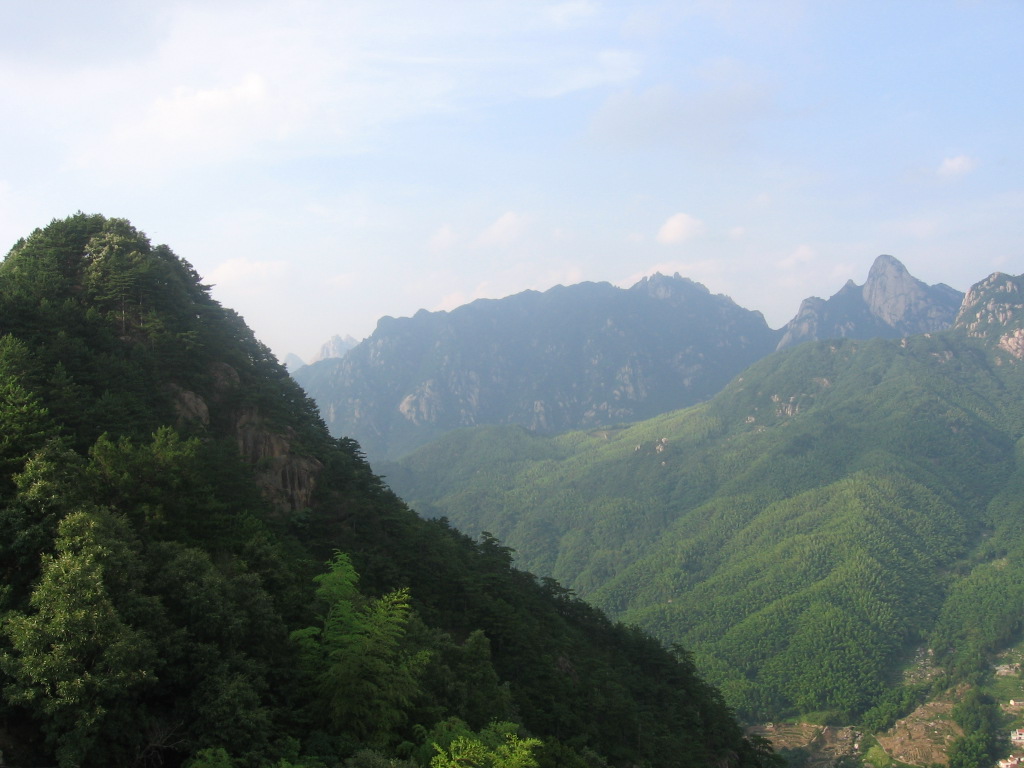The traditional image of April as the source of seasonal renewal is enshrined in the opening lines of Chaucer’s Canterbury Tales:
“When April’s gentle rains have pierced the drought
Of March right to the root, and bathed each sprout
Through every vein with liquid of such power
It brings forth the engendering of the flower;
When Zephyrus too with his sweet breath has blown
Through every field and forest, urging on
The tender shoots, and there’s a youthful sun ,,,”
But the familiar opening lines of T. S. Eliot’s “Wasteland” address the month of April in the opposite way.
“April is the cruelest month, breeding
Lilacs out of the dead land, mixing
Memory and desire, stirring
Dull roots with spring rain.
Winter kept us warm, covering
Earth in forgetful snow, feeding
A little life with dried tubers.”
Why is April cruel? The renewal represents the renewal of the cycle of death, repeating a cycle without escape or transcendence. Eliot presents the pessimism dominant in his era, coming just after the end of the violent and disastrous First World War (the poem was published in 1922). The destruction of Europe surprised and alarmed the West, the devastation of its youthful generation, of its economics, its resources, its agriculture and factories and cities, taking aback the comfortable confidences of the dominant classes and cultures. The old ways were gone; even the vacations and hideaways of the elites were despoiled: “There is not even solitude in the mountains.“ A comfortable civilization had become a “wasteland.”
The view is underscored in Eliot by the absence of the historical Christian identification of April with the resurrection of Jesus. As historians of the historical Jesus have noted, the Easter story of the Gospels is bare and uninspiring, virtually an embarrassing afterthought. No one is awaiting the resurrection. the remnant disciples are fearfully huddled in private quarters, having witnessed the unchecked execution of their leader. The narrative has Jesus exit the tomb without ceremony or expectation. No one is waiting, no one is anticipating anything. Few eventually learn of the event, puzzlingly leaving the remnant to fail to coalesce or plan for the future, which will be the work of outsiders like Paul.
But in the context of Eliot, the resurrection (of Europe) is unlikely, so cruel if the disaster of war. Indeed, the season itself only evokes the inevitability of death, of destruction, of pessimism.
Why should the war have engendered this frame of mind? Like the intelligentsia of this time, Eliot knew and channeled existentialism, which in relation to Europe had an element addressing Christianity directly in Kierkegaard, Dostoyevsky, and Nietzsche. The dissolution of Europe is the culmination of the dissolution of the spiritual power of Christianity over Europe.
Eliot clearly understood this phenomenon and its ramifications for the West, anticipated by the German writer Oswald Spengler’s 1918 book, Decline of the West. Where these writers may have suffered a nostalgia for an impossible past, given the savagery of technology, economics, nationalism, and war, we may project that they understood the new order, the new reality, the change of climate.
And this April, steeped in war and blind trajectories, the soil yet gives its flowers in the naturalness of earth’s cycles, ignoring the stubbornness of human beings. Eliot ends his poem evoking the evocation for the one grand necessity, in the chant of the Hindu Upanishad:
“Shantih, Shaktih, Shaktih” (translated Peace, peace, peace!)
